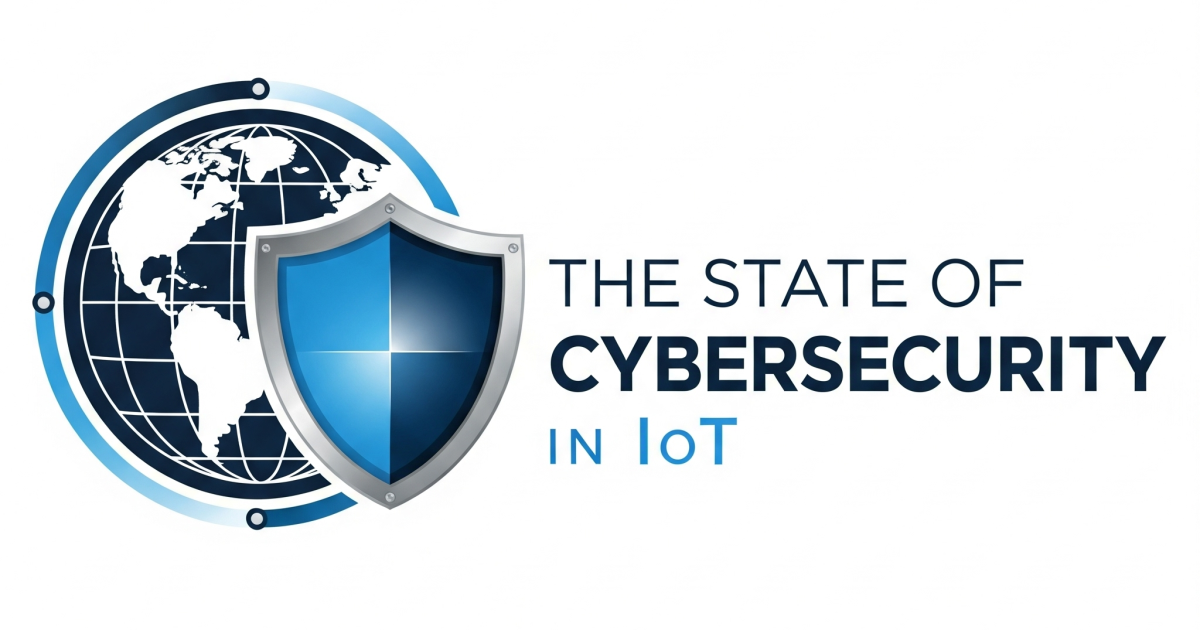
Earlier this morning, we published an Internet of Medical Things (IoMT) story on one of our sister sites, HealthTechZone. It centered around SEALSQ (the “SQ” standing for “semiconductors + quantum”), a company that describes itself as “one of the very few semiconductor companies in the world designing and developing certified secure microcontrollers while also implementing secure, post-quantum cryptography.” Read that story in full here.
In efforts to make security easier for all, SEALSQ equips its customers – spread across industries in 50+ countries – with the toolsets needed to build secured-by-design devices and systems that ensure privacy and safety in our exceedingly interconnected world.
Just a bit more context:
Essentially, SEALSQ produces, tests, and delivers technologies that have been installed in 1.6 billion devices worldwide, and its team provides key parts and security components for applications like controlling physical access to facilities, securing communications and authenticating devices for both government and consumer purposes, provisioning remote IoT sensors for logistics and agriculture, protecting sensitive patient data in healthcare fields, and much more. SEALSQ has filed 130+ patent applications, and its research engineers develop secure hardware, firmware and root-of-trust (RoT) services for customers ranging from large electronic equipment manufacturers to luxury consumer brands. (e.g. Cisco, Identiv, Siemens, Motorola, Thales, Dior, Atmel, Inside Secure, WISeKey, etc.)
And as of last month, another big name has placed trust in SEALSQ:
D-Link.
For any unfamiliar, D-Link is a multinational manufacturer of networking hardware, telecom equipment, and IoT device solutions galore. D-Link’s history dates way back to 1986, when the company was founded as Datex Systems, Inc. with the goal of marketing network adapters. In 1990, then-Datex introduced its first 10BASE-T Ethernet Hub; then on from 1992 (i.e. when the D-Link renaming officially took effect) through present day, D-Link became listed among Forbes’s 300 companies, it set up an R&D center in India to focus on e-commerce and VoIP, and its innovations in wireless technologies and the “Get Your Home Talking” series of connected smart home products earned the D-Link team even more renown.
So, the news at hand – in April, D-Link officially selected SEALSQ’s PKI-as-a-Service solution (dubbed “INeS”) to provide Node Attestation Certificates for D-Link’s MS30-N, MS30, and MS60-I Matter-compliant IoT gateways.
The benefits of D-Link partnering with SEALSQ seem to also include:
- Reduced time-to-market in achieving full Matter compliance
- Reduced costs of technology, maintenance, staffing and ongoing compliance
- More flexible deployment options (e.g. on-prem, hosted, batch issuance)
- Gains in efficiency via scalable tools for signing and securing device updates
- Simplified management of device attestation certificates and product attestation intermediates through SEALSQ INeS CMS Platform for IoT
Frank Buonnano, who joined SEALSQ’s ranks as Vice President of Global Sales towards the end of 2023, had great things to say about the relationship with D-Link.
“Our INeS platform enables critical D-Link gateways to offer additional features, including a faster connection to a Matter ecosystem for devices they manufacture,” Buonnano explained. “The platform also provides higher flexibility for D-Link to manage certificates in design and manufacturing stages. We’re excited about the combination of D-Link product technology and SEALSQ’s PKI services and how this provides consumers and businesses with ready-to-use, Matter-trusted products.”
Learn more from SEALSQ
here.
Edited by
Greg Tavarez





